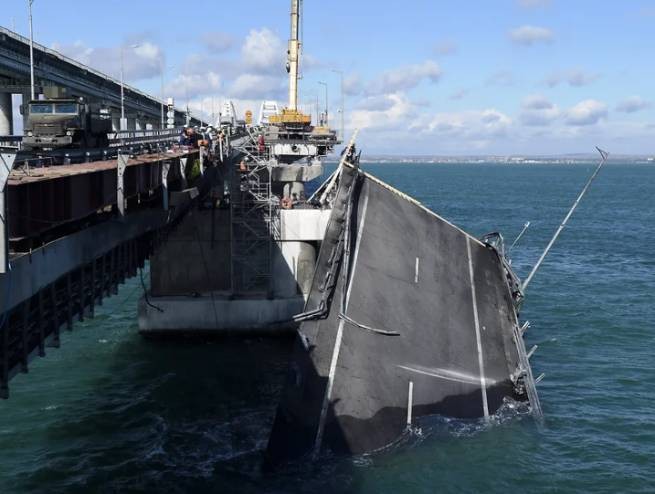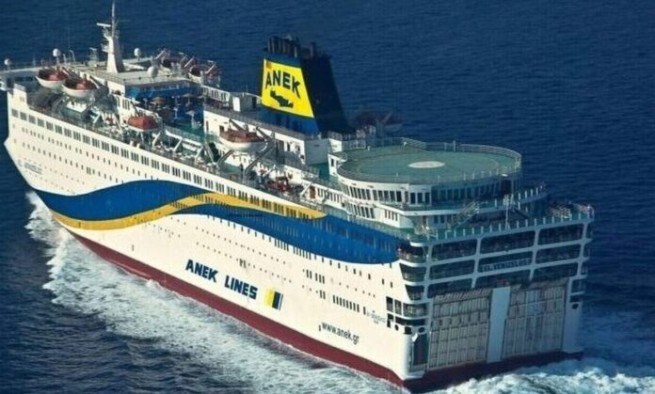Ticket prices on Crete’s coastal ferry lines will increase by 2.78% from February 1.
The increase concerns the inclusion of short-sea shipping in the European emissions trading system and will increase the cost of tickets for passengers, as well as for the carriage of cars and trucks. The increase was announced by the ANEK-Superfast consortium of the Attica group, and Minoan Lines will follow a similar step very soon.
The Piraeus-Crete (direct line) line is operated by two companies: the joint venture ANEK-Superfast and Minoan Lines. As Attica Group explains, this “fee does not constitute income for the company, but is paid “directly to the European Union, as part of the ETS payment for the implementation of environmental programs and initiatives, with the aim of reducing emissions and moving towards a more sustainable future.”
Monthly price adjustment
As Attica Group also states in its letter to shipping agents, “ETS fees EU will adjusted monthly based on average international market prices for CO2 emissions“, which means that in some months the fee will be higher or lower depending on the international prices of the “emission rights” registered on a specialized exchange (χρηματιστήριο ρύπων).
According to the “polluter pays” principle, the main function of ΣΕΔΕ is to “set a price on carbon emissions that polluters must pay, thereby creating incentives to reduce emissions.” Initially, a general annual emission limit is set for all economic activities covered by it – power/heat generation, energy-intensive industry and domestic aviation. These emissions are then converted into emission permits/rights (1 permit = 1 tonne of carbon dioxide (CO2)), and either sold at auction or distributed free of charge.
Let us remind you that the new European environmental regulation comes into force on 01/01/2024 for cargo and passenger ships with a gross tonnage of more than 5,000 tons. Especially for short-sea shipping, it applies to all routes to islands with a population of more than 200,000 people, as well as to lines connecting Greece with other countries, such as the Greece-Italy lines, where a corresponding increase has already been announced.
In Greece, as in other EU countries, coastal ships calling at the ports of islands with a population of less than 200,000 people are exempt from tax until 2029. The exception does not apply to the coastal shipping lines of Crete, since the island’s population exceeds 200,000 inhabitants. The companies operating on Crete lines are Attica Group and Minoan Lines, whose ships on these lines are required to join the EU ETS.
Increased operating costs
Shipping Minister Christos Stylianides visited Brussels and asked to make an exception for the lines of Crete. It is noted that the request was rejected.
It is expected that the mandatory application of the European EU ETS rules for the purchase of emissions trading rights will lead to a significant increase in vessel operating costs for all shipping companies, experts say. The EU ETS, the commission argues, is a tool to achieve the European Union’s “Fit for 55” environmental goal of reducing greenhouse gas (GHG) emissions by at least 55% by 2030 (compared to 1990 levels), the long-term goal is net-zero emissions by 2050.
The new regulation stipulates that shipping companies, in order to reduce their environmental impact and contribute to achieving this mandatory target, are required to purchase emissions allowances covering 100% of their gas emissions during intra-EU voyages and 50% on routes where the port of departure or arrival is outside the EUto offset carbon emissions.
In this context, there will be a three-year adjustment period during which companies will be able to purchase emissions trading rights as follows: in 2024 for 40% of emissions, in 2025 for 70% of emissions and in 2026 for 100% of emissions.







More Stories
Fruits and vegetables: imports up 50.2% in April
Greek products on their way to France
Reduced fees for POS transactions, limited bank fees